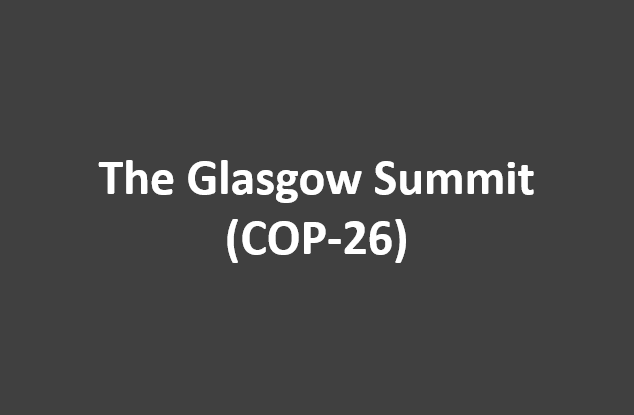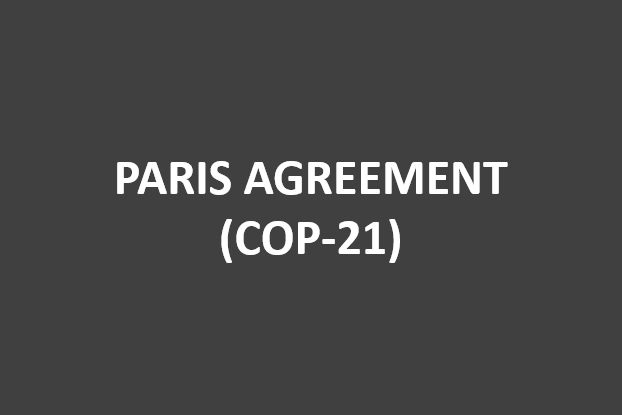
By the middle of the century, more than 130 nations have committed to achieving net zero emissions. But according to the most recent IPCC AR6 WGI conclusions, we could rise in global temperatures by +1.5°C earlier than anticipated, putting us dangerously near to surpassing critical temperature stabilization limits.
There has never been a greater sense of urgency: if nothing is done right now, reaching the 1.5°C barrier will be impossible. In order to demonstrate that we are responsible for future generations, we must step up our efforts to combat climate change and keep our political promises to achieve net zero emissions.


Year- 2024 (Upcoming)
Key Events:
Climate Finance and NCQG: The New Collective Quantified Goal (NCQG) presents challenges in terms of contributors, aim, and scope. COP29 is viewed as the "Finance COP." a focus on growing the role of the private sector.
Article 6: Carbon Markets: The efficacy of carbon markets is being examined. Stricter regulations and operationalization are required to stop greenwashing.
Loss and Damage Fund: Not enough money has been pledged as of yet. The hiring of an Executive Director and the involvement of the business sector in funding are urgently needed.
Adaptation: Frequently eclipsed by mitigation, but increasingly important as the effects of climate change intensify. Prioritize improving National adaption Plans (NAPs) and bridging the funding gap for adaption.
Year- 2023
Key Events:
The global stocktake of the Paris Agreement, which evaluated collective progress towards the climate goals, was the main emphasis of COP 28. Increasing adaptation efforts and fortifying climate finance institutions were among the main topics of conversation.
In order to attain net zero by 2050, COP28 asks for a just, orderly, and equitable transition away from fossil fuels in energy systems. This will expedite action during this crucial decade.


Year- 2022
Key Events:
Establishment of a Loss and Damage fund is needed to support vulnerable countries impacted by climate change. The necessity for rich nations to meet their financial obligations and climate funding were highlighted.
The "Mangrove Alliance for Climate"—which also includes Australia, Japan, Spain, India, Sri Lanka, and the United Arab Emirates—was announced by the UAE and Indonesia.


Year- 2021
Key Events:
Global Warming Target: Approximately 140 countries announced target dates for reducing emissions to Net Zero, with the summit's goal of keeping global warming to +1.5°C.
Reduce the Amount of Coal Used: Since coal is the dirtiest fossil fuel, it makes sense to phase it out as soon as possible. Developing nations have rejected the European Union's strong drive for its phase-out.
Agenda for Glasgow Breakthrough: A potentially significant outcome that came about outside of the COP process at COP26 is the Glasgow Breakthrough Agenda, which 42 countries—including India—endorsed.


Year- 2015
Key Events:
Paris Agreement: At COP 21, the parties signed the Paris Agreement. With efforts to keep global warming to 1.5°C over pre-industrial levels, the goal is to keep it well below 2°C. Nations filed Nationally Determined Contributions (NDCs) detailing their efforts to combat climate change.
Article 6: Article 6 section of the agreement gave the parties permission to apply internationally transferable mitigation outcomes (ITMOs).


